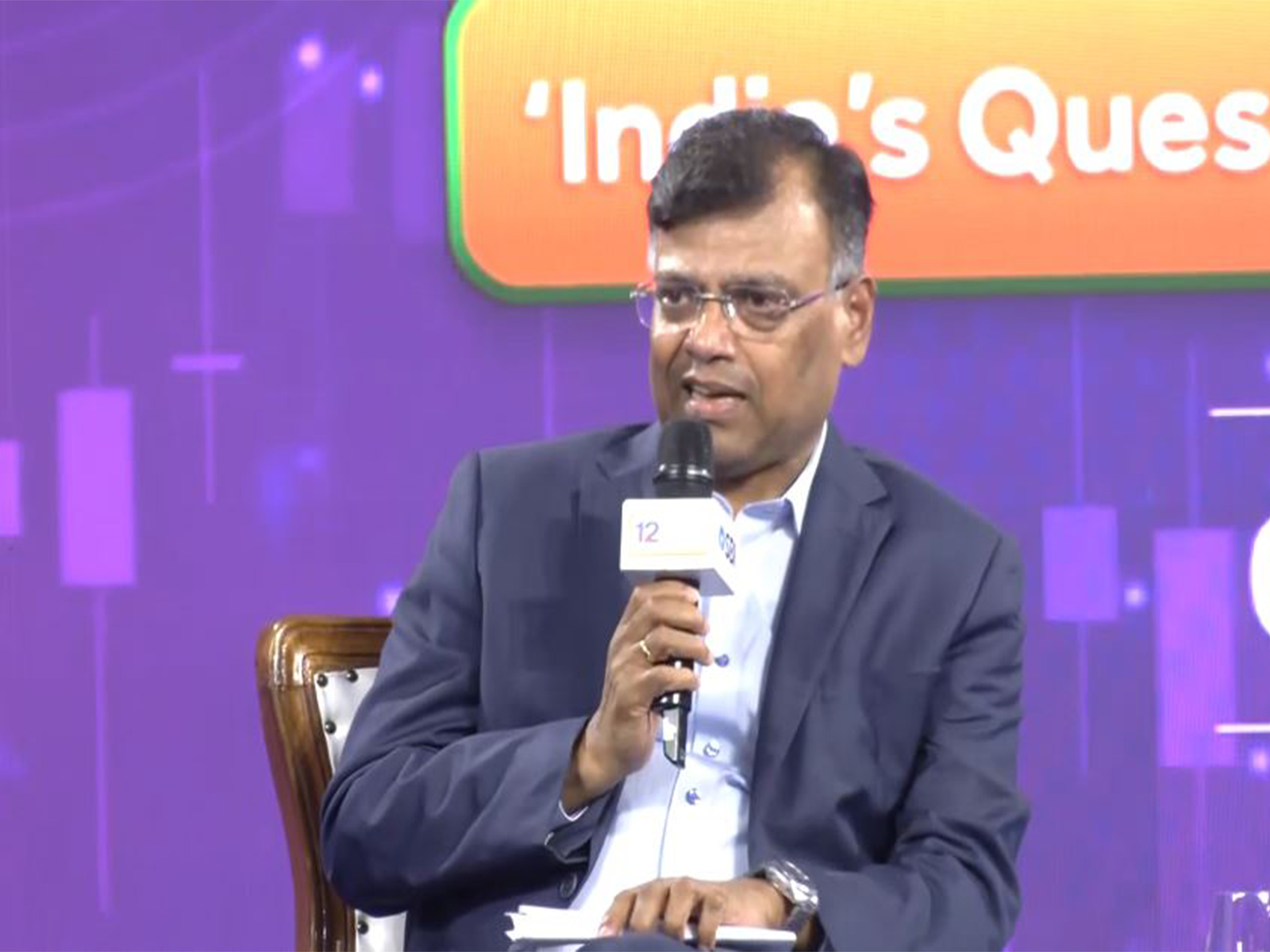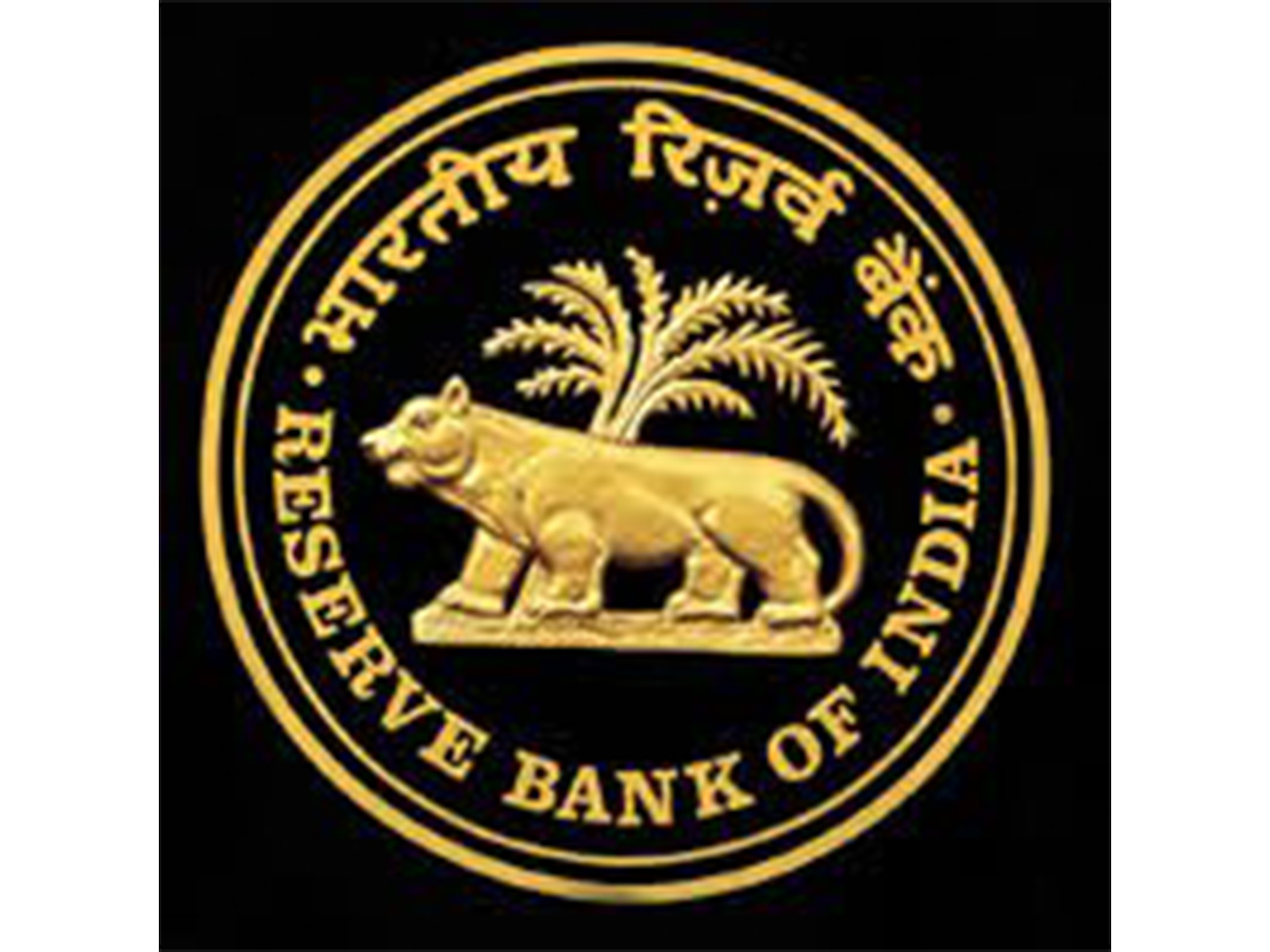India's achievements in financial sector clearly go beyond numbers of banks or market capitalisation: IMF deputy MD
Apr 26, 2023

Washington [US], April 26 : International Monetary Fund's Deputy Managing Director Antoinette M Sayeh has said India's achievements in the financial sector clearly go beyond the numbers of banks or market capitalisation.
At the launch of the IMF book on India's Financial System, Sayeh said, "The country has impressed the world in fostering financial inclusion through its public digital infrastructure. Just a decade ago, local shops were filled with people buying and selling goods with cash. Today, financial transactions are mostly executed with smartphones."
The public digital infrastructure is also helping to improve the efficiency of public finance management, she said.
"On the one hand, the unique identifier based on biometric measurements--which underpins the digital payment architecture--allowed the government to save money by eliminating ghost employees from its payroll," Sayeh said, adding: "On the other hand, the digital payment system boosted revenue collection from the general sales tax, while reducing tax compliance costs for businesses. It has also helped ramp-up the distribution of social benefits to millions who were previously unreachable."
She said this proved particularly instrumental during the pandemic: The Indian authorities were able to transfer USD 37 billion in social benefits to people's bank accounts in 2020-2021, avoiding costly intermediaries and reducing leakages.
She admitted that India's financial development journey had not always been smooth.
"It has faced external turbulences--such as the Asian financial crisis, the global financial crisis, and more recently, the devastating impact of the pandemic and the war in Ukraine. But the authorities have drawn lessons from these shocks and applied themselves to identifying and implementing policies to increase financial sector resilience," she said.
"India has also confronted homegrown challenges," she said. She said one notable example was the default of systemically important nonbank financial companies in 2018.
"Since that crisis, the Indian authorities have upgraded their regulation and supervision and introduced a regulatory framework for nonbank financial companies. Important progress has also been made in bank recapitalisation, corporate debt restructuring and oversight of financial market institutions, as well as in crisis management," she said.
But more work lies ahead for India, she said.
Antoinette M Sayeh said, "This includes continued efforts to strengthen regulations for non-bank financial corporations, promote improved governance, and reduce the public footprint in the banking sector. "India's financial sector is also confronting challenges facing all countries, such as the spillovers from the tightening of global financial conditions, the need to adapt to technological change, or the impact of climate change," she said.



















